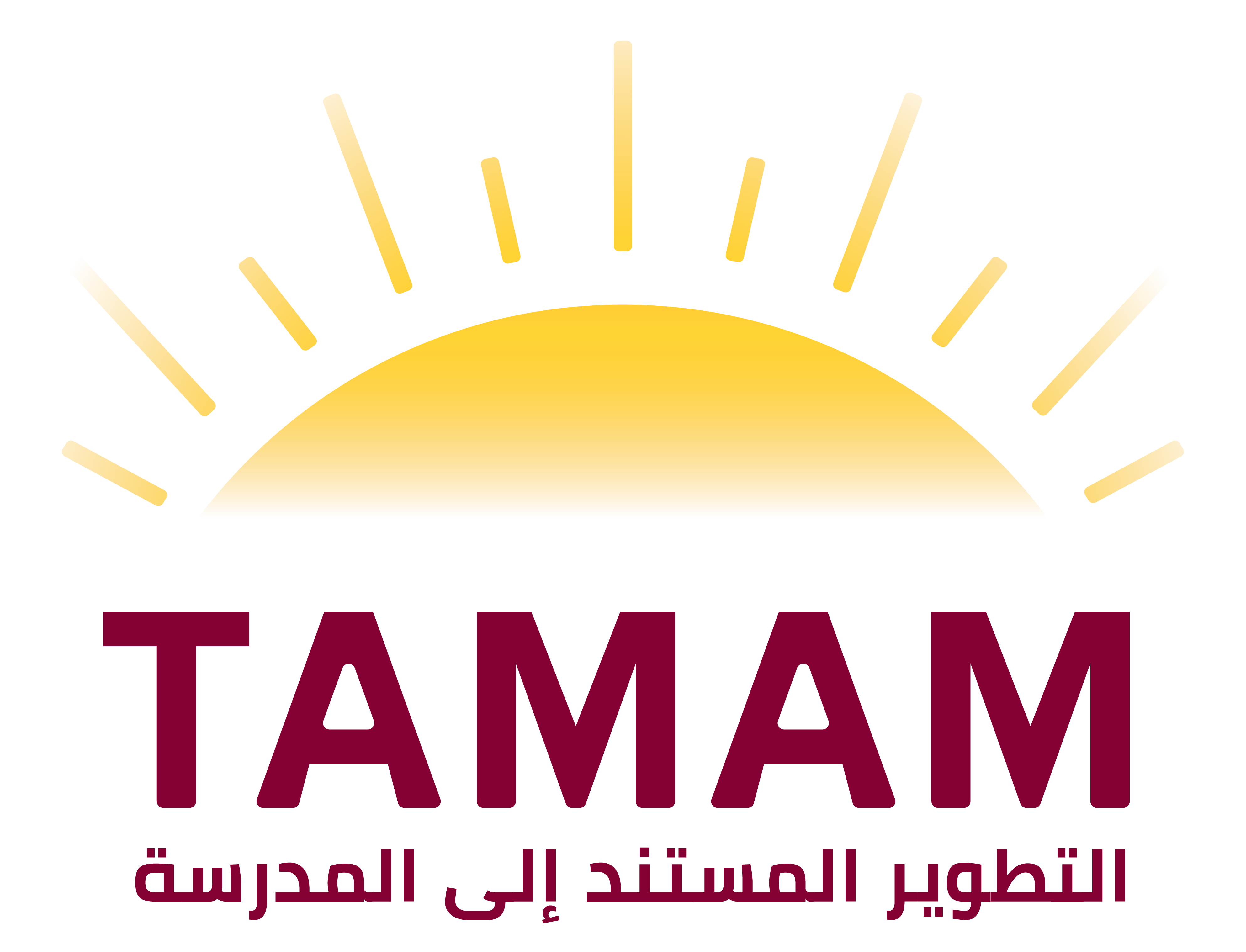This report examines the design and approach of existing attempts at school reform in five Arab countries: Morocco, Egypt, Qatar, Lebanon and Jordan.
Its main goal is to identify and discuss key characteristics of these attempts as well as the challenges faced to effectively implement them against the backdrop of what is accepted as best practice in the international literature on effective school reform.
The report focuses on the process and strategies of reform and highlights deeply ingrained assumptions and practices that are likely to create barriers to reformers in the Arab region.
Five key characteristics were identified:
- Highly politicized nature of educational reform process in the region where school and university educators play a limited role in initiating, planning and monitoring the implementation of reform;
- The absence of research as a tool for generating knowledge, developing policies and guiding actions within the scope of Arab educational reform;
- The uncritical adaptation of Western practices and ideas without attention to their cultural relevance;
- The neglect of adopting a clear design plan to guide the implementation, and of including evaluation as an integral function of the reform process;
- The limited attention given to going beyond skill building toward triggering the needed professional learning for effective and sustainable improvement.
The report concludes with a list of recommendations, informed by the current international literature on effective school reform, to overcome the identified barriers and achieve effective and sustainable reform in the region.
These are:
- Reconceptualizing the change process as “transformative” and based in re-culturing the educational system at all levels;
- Focusing on the processes of change and adopting a dynamic approach in designing and implementing reform plans;
- Moving towards a participatory systemic approach to reform that joins policy makers at the ministries of education, university scholars and practitioners at the school level in a concerted effort toward sustainable improvement;
- Building capacity for self-renewal and sustainable improvement that is directed at all levels and that should encompass human, social and institutional aspects;
- Building a knowledge base on effective educational reform grounded in the cultural realities to be used as a basis for policy making and action.
